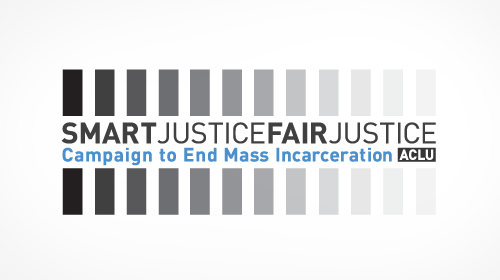
On a typical night, police officers approach women like "Jane," a 47-year-old who had just sold $20 worth of crack to an undercover officer. Jane is homeless and has a long history of chemical dependency and mental health issues. She has also been .
On most nights in most cities, a person like Jane would be booked into jail and charged with drug distribution. Jane would be cycled through the judicial system, racking up attorney and court costs, and most likely pleading guilty to drug charges. If this was not her first offense, Jane is likely to end up in jail or prison, costing taxpayers over .
What is wrong with this picture? At huge taxpayer expense, people are removed from their families and communities and cycled through the criminal justice system, which greatly harms them but does little to address issues like drug addiction in our communities.
But it doesn’t have to be this way. We could have a criminal justice system that solves problems, not one that cages them until they return home, traumatized and jobless.
Seattle is trying something different. On that night, officers decided that Jane would be a good candidate for participation in LEAD, or Law Enforcement Assisted Diversion, a program that cuts out the criminal justice middleman and connects people directly to services. Jane was given a choice: go to jail or meet with LEAD caseworkers. She chose LEAD, and started receiving services that have a real chance of solving the problem, helping to make the community safer while ensuring she can get her life back on track.
In American cities without programs like LEAD, people like Jane are treated as problems to be minimized. Not only do we throw people away, but we also lay the blame at their feet, saying they deserved such treatment because they broke the law. But years of statistics showing people churning in and out of jails and prisons have made abundantly clear that our current system does as much or more to perpetuate criminal justice contacts than reduce them. Each time a person is arrested and convicted, their chances of coming into the contact with the system another time soar. When hundreds of thousands of people go through the same motions each year, it’s time to stop focusing on individual fault and moral failing, and to start looking at the system as a whole. We must acknowledge that our approach is causing these cycles of incarceration.
At the ACLU, we believe things can be different. For too long, criminal justice interventions have been built around the faulty premise that people are making bad, deterrable, choices, and that heavily penalizing these choices will produce good results. The result has been a tragic trend towards mass criminalization and warehousing of inmates, predominantly poor people and people of color. But the evidence shows something different: people are shaped by circumstances. Effective policymaking, then, demands that we focus on changing circumstances, not people. Accountability does matter, but we need to ask ourselves, accountable to what? Jane is accountable to her program and we are better off for it. Looking beyond Seattle, this means pulling our money out of prisons and putting it into housing and job programs, into stronger schools, and into healthcare. This reinvestment is not only more effective and efficient, it is more humane and fair.
In Jane’s case, when we are grappling with the problem of drug addiction, evidence shows that treatment works a lot better than repeatedly arresting and convicting a person for low-level drug offenses. When people have access to treatment, they do better. So instead of wasting time in court, a program like LEAD gets people the treatment they need from the social service providers equipped to give it. According to , "People we’ve dealt with over and over and over again are getting treatment and getting into housing and getting jobs. It's a pretty big surprise.”
Shifting gears to implement a pragmatic approach will not be easy, even though it is likely to save huge amounts of money and result in better outcomes for individuals and communities. Fortunately, nothing breeds respect like success. Watching the LEAD program flourish, with the praise of law enforcement and prosecutors alike, we can be hopeful about our capacity to implement smart and fair solutions in states and cities all around the country.
Learn more about drug law reform: Sign up for breaking news alerts, , and .
